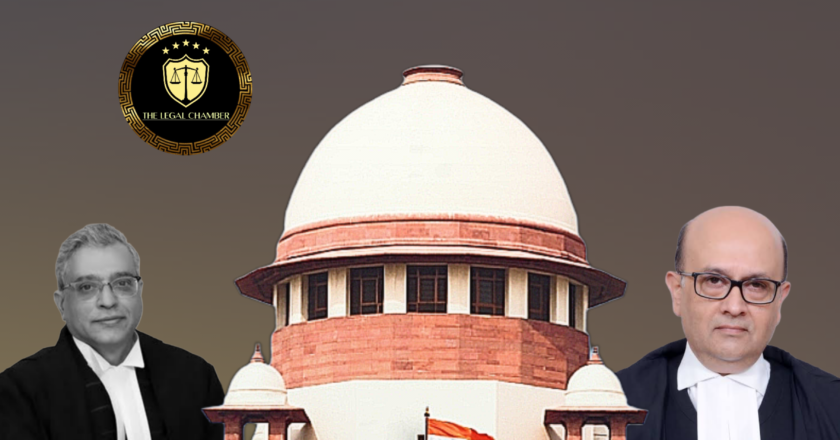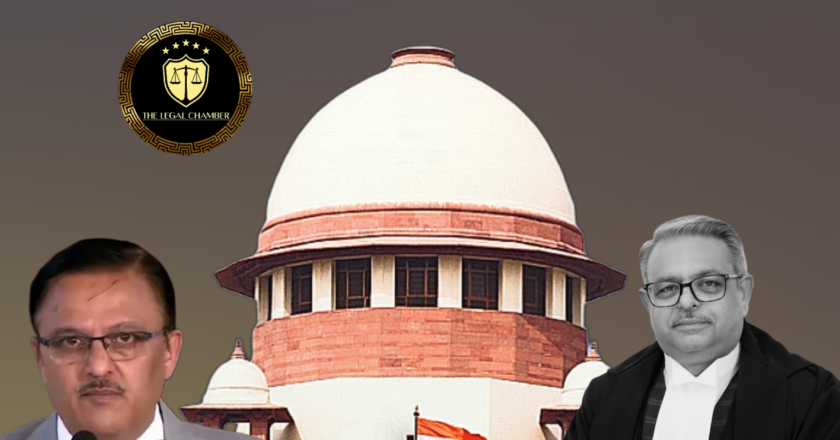Supreme Court Upholds National Fraternity: Teaching Experience Across India Counts
The Supreme Court held that a government notification extending the retirement age must be interpreted purposively, and a condition requiring "10 years of teaching experience in any State-aided university" includes experience from universities outside the state. Excluding such experience was found to be an arbitrary and discriminatory classification violating the right to equality under Article 14.
Facts Of The Case:
The appellant was initially appointed as a teacher in a government college in Assam in 1991, where he served for 16 years. In 2007, he was selected for a non-teaching post at Burdwan University, West Bengal, based on his qualifications and experience, and was later promoted in 2012. In 2021, the State of West Bengal issued a notification increasing the retirement age from 60...


